
European Horsemeat Scandal Expands
France, Sweden, and The Netherlands have confirmed products sold within their borders could contain horsemeat.


France, Sweden, and The Netherlands have confirmed products sold within their borders could contain horsemeat.

Researchers suggest horse genes need to prepare for high performance-associated stress.
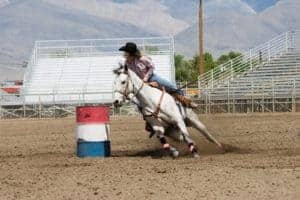
New research shows that whipping and kicking barrel horses doesn’t seem to improve race time.

The FEI Tribunal delivered a record number of equine doping decisions during the first ten months of 2012.
Polish food processing plants are believed to be the source of horse-tainted hamburger meat, officials say.
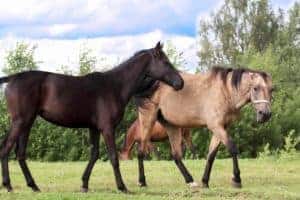
A significant correlation exists between limited resource test results and field observation test results.
There are 236 OIE reference laboratories covering 112 animal diseases, including equine-specific ailments.

Researchers are developing an objective test based on physiological and behavioral criteria in horses.
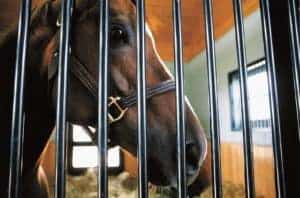
Horses seemed more at ease when classical or country music was played compared to rock or jazz.
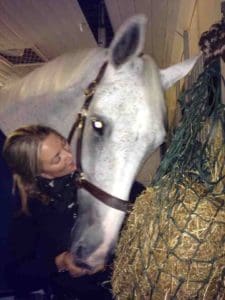
Show jumper Wonderboy III likely died from a cardiac condition leading to aortic rupture, his owner says.
Thirty-seven percent of the “beef” products tested in a routine study contained equine DNA.

Researchers identified more behavioral signs of discomfort in horses with heads held behind the vertical.
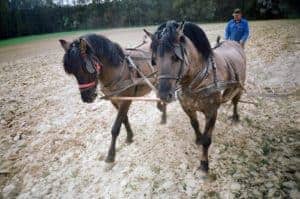
While the program proved stressful, physical parameters appeared within normal limits of horses in training.

British researchers found horses that crib spend less time in “standing sleep” mode than horses that don’t.

Thanks to British researchers, we’re getting a better understand what defines a “happy” equine athlete.

The future of equitation science technology is enormous, provided we know how to use and benefit from it.
Stay on top of the most recent Horse Health news with